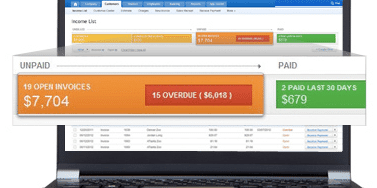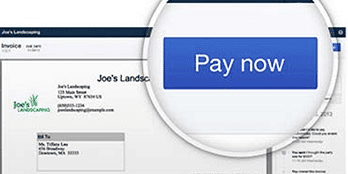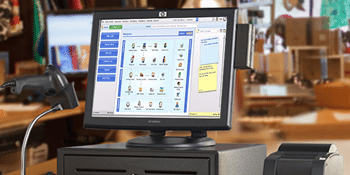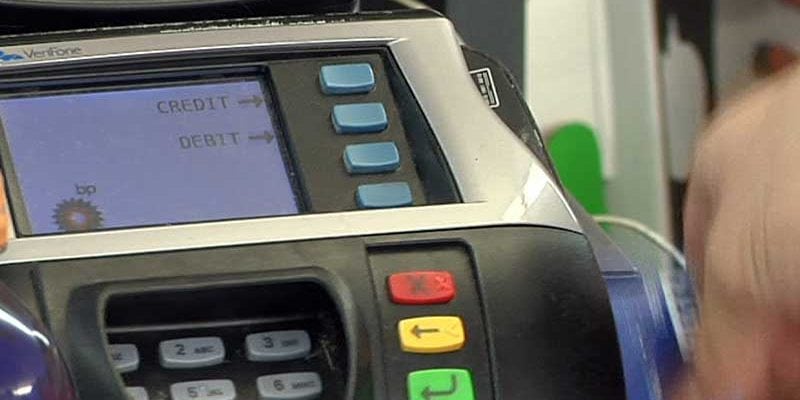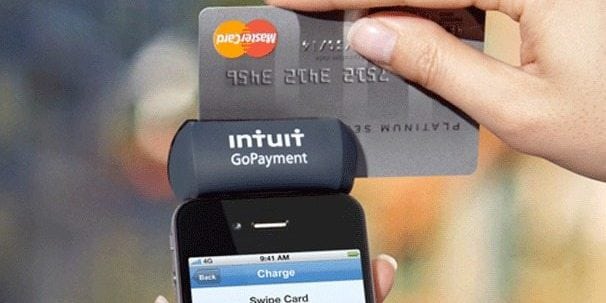Most business owners understand up front that accepting credit and debit cards is not an option—it’s a necessity. All it will take is a few blank stares from customers astonished that they can’t use their card to pay you for that realization to hit home. That said, those pennies and dimes and dollars that seem so innocuous by themselves can add up to quite a toll when your monthly card processing statement shows up. When choosing a payment processing solution, you need to find one that is right for your business and as cost-effective as possible. Here are some things to ask as you consider your options.
How will you take payments?
Merchant processors really, really prefer if you swipe the customer’s card. Such a “card present” transaction is the best available protection against fraud. A magnetic strip is harder to fake than an account number imprint, and you as the merchant have the opportunity to compare the customer’s photo ID to the cardholder name. These transactions get the best rates. For anything else, you’ll pay more. However, some processors will penalize you less for “non-qualified” transactions than others, so make sure your processor accommodates your typical method of taking card payments.
How much will your average transaction be?
An ice cream shop does not have the same average ticket as a casual dining restaurant, which does not have the same average ticket as a high-end electronics store, which does not have the same average ticket as a general contractor. You get the picture. Some processors will look more favorably on lots of small transactions (or a handful of relatively large ones) than others. Again, find the right partner for your business.
How many card transactions will you process daily?
By now you should be getting the hang of it. How you take payments, how big your payments are, and what sort of dollar value throughout your merchant account will experience all affect rates. With so many processors out there, card processing has really become something of a niche business. Somewhere out there is your soul mate of card processors. Well, OK, you won’t be picking out curtains together, but the right relationship beats the heck out of the wrong one.
Are you running an ecommerce site?
Taking card payments on a website is a different animal in several ways. One of the most significant is that it’s a purely software solution. If you’ve been dealing with computers for any length of time, you know that sometimes two pieces of software don’t play nicely together. Make sure the merchant processor you’re considering can integrate with the backend shopping cart solution your site uses. Even better, make sure they’ve already got lots of other customers using your system. This is not the time to be a guinea pig.
How are the processing fees calculated?
There are many different ways to present merchant processing fees, limited only by the imaginations of accountants and lawyers. The most honest and up-front way is called “interchange plus.” The interchange fee is what the card network (Visa, MasterCard, etc.) charges. The “plus” is what the merchant processor tacks on. You can see why this is the clearest description of your fees. Avoid fee “tiers.” There are dozens of possible fee combinations, but lumping those into just three or four tiers averages out most of those into one number. You can see how you can end up paying more than you have to when small price breaks you deserve get averaged out.
What other fees are lurking inside the merchant agreement?
You’ve probably dealt with banks long enough to know how creative they can get with fees. Well, merchant processors boast fee complexity on steroids. You may find yourself paying extra for things you never thought of. You may pay if you receive a paper statement. You may pay an additional “batch fee” each time you submit a batch. Maybe the chargeback fee is sky-high. If you’re not careful, reading your monthly statement will make you feel like a duck: everywhere you turn you’ve got a large bill in front of you. (That one’s courtesy of Rowan Atkinson; I can’t claim it.)
Have you read the contract?
Everyone talks about the importance of reading the contract, but many times it doesn’t happen. (Seriously, did you read the entire agreement for every credit card you have?) Most merchant processor agreements are not light reading. However, there are some key things you need to watch for. An obvious one is any cancellation fee. What will you pay to leave if you don’t like the service you’re getting or someone comes along with a much better deal? Another that’s less well known is the reserve. Your processor may have the right to divert funds from any transaction it deems “risky” into a separate account. You don’t want to lose cash flow to a nasty surprise.
Where is your processor located?
Surprising though you might find it, your merchant processor doesn’t necessarily have to be located in the U.S. “Offshore” processors are available. However, they are not bound by the same regulations as domestic processors, and they’re often hard to work with—not very accommodating, sometimes hard to reach, and so on. Frankly, most U.S. businesses that use an offshore processor are choosing that processor as a last resort because they have a bad credit or chargeback history, are engaged in a high-risk business, or are otherwise undesirable for conventional processors. If you use one of these, it should be only because you have to—and caveat emptor.
Have you grilled the sales rep?
These people are trying to get your business. Don’t be afraid to ask them questions. Get the fees laid out with enough clarity for your satisfaction in writing. Ask for a comparison of leasing versus purchasing equipment if you need hardware. Check the contract term. (A shorter term can be a negotiating point.) Make yourself a list of questions and ask them of every sales rep. If the answer is something that really matters, get it in writing. A verbal promise from a salesperson isn’t likely to hold water if push comes to shove.
Have you talked to your peers?
You’re not the only business owner out there. Whether it’s the chamber of commerce, a civic organization, or a trade association, you’ve got contacts with your peers. Talk to them. Ask about their merchant processor. Is it a match made in Heaven or one ripe for divorce? What have they learned? Do they have any experience with a processor you’re considering? Do they have a recommendation?
Choosing an online payment processing solution doesn’t have to be an epic undertaking, but it will take some time and effort. There are a huge number of options available and many different factors to consider. The wrong choice can quickly add up to a lot of unnecessary expense, especially if your business has a lot of card transactions, so take the time and do the legwork to make the right decision. If you have questions or need help with this process, give us a call at 866-949-7267 or send us an email by clicking here. With over 20 years in the industry, we can make sure that you get set up correctly the first time,











